KPMG has faith in Vietnam
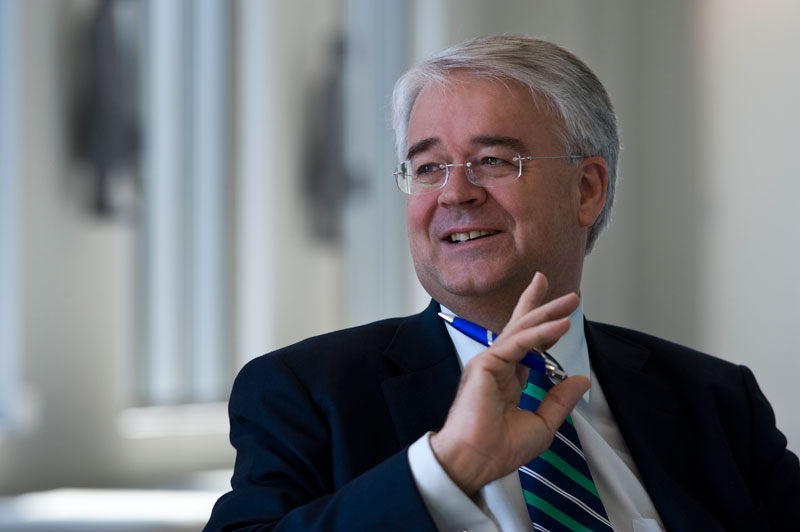 A partner in KPMG since 1988, Michael Andrew was elected chairman of KPMG International for a four year term effective from 1st October 2011. He has been actively engaged in shaping the future direction of KPMG’s member firm network which employs 145,000 professionals in 152 countries. He regularly speaks around the globe on key issues in respect of economic growth, business development and corporate governance. He is also a member of the International Advisory Board for the Moscow International Financial Centre, International Business Council, the Business Council of Australia, and WEF Professional Services Committee. He is a Steering Committee member of the United Nations Global Compact for the environment. |
Is this visit a fact-finding trip for a new KPMG business era in Vietnam?
KPMG sees great potential for Vietnam and for the ASEAN region generally. I am in Vietnam to explore this potential first hand, to meet with senior government officials, KPMG employees and most importantly, to meet with our clients here.
As I travel the world, KPMG multinational clients are extremely interested in Vietnam and other ASEAN countries. In fact, the question I get asked most frequently as I meet with clients globally is about the ASEAN free trade zone and the impact it will have on opening this market to greater opportunity.
Meanwhile, the local clients I’ve met with in Vietnam are telling me that they are ambitious to expand abroad and need world class advisors to help them succeed in pursuing new markets. KPMG has a huge role to play in these areas.
KPMG plans to double its workforce in China to 18,000 employees within four years. Does KPMG have workforce expansion plans for Vietnam, or plans for a Vietnam shake-up given with stronger competition from China?
KPMG is the largest professional services provider in Vietnam, with more than 1,000 employees and we will continue to grow this base as the market allows us.
Our focus is broader than merely growth in headcount. We are developing talent, so our Vietnamese professionals have the experience and skills necessary to service our clients. This means employing people with broader and deeper knowledge, experience and expertise, and allowing them to apply that knowledge in advising our clients.
More than half of our 30 partners in Vietnam are Vietnamese – outstanding professionals who are able to combine the best of our global expertise with local knowledge.
During the visit, you met with a number of high-ranking government officials and had a business luncheon with executives of Vietnam’s high-profile firms. What were messages and initiatives you brought to them in the context of the global economic woes?
KPMG often serves as a trusted intermediary between the business and government sectors, and it is always important for me to have time with government leaders and I have received a warm welcome from the government on this visit to Hanoi. I have sought their advice on how KPMG can contribute to Vietnam’s ongoing development and integration into the regional and global economy. The work that KPMG’s professionals contribute every day – providing outstanding service to Vietnam’s leading business players - contributes to Vietnam’s success.
We are in a period where Western economies are weighed down by market and demographic forces that cannot be worked through quickly. It is really up to Asian and other developing markets to take up the slack in the global economy. I have found that government leaders here have a great appreciation for the important role they play in continuing to build confidence with policies that promote investment through open and transparent markets.
Vietnam’s economy is facing many big challenges during the global economic downturn. As economic woes are yet to fully play out, what is your view of the outlook of Vietnam’s economy, together with opportunities and challenges?
There is no doubt that we are in a time of great uncertainty – there are issues of debt and availability of liquidity in Europe, a contentious political environment in the US and Asia is transitioning to stronger domestic economies with less reliance on slowing Western markets.
The challenge for every economy in the world at the moment relates to economic growth.
Addressing the debt crisis has resulted in a loss of business and consumer confidence that has shattered economic growth in Europe and the United State is struggling to build on its recovery, which has been slower than expected. This inevitably flows through to Asia due to the interdependence of global trade and investment flows. Amidst this turmoil, Vietnam’s focus will be on maintaining confidence of consumers and also the business community, both domestic and global.
Vietnam is not immune from the risk and uncertainty being experienced in the world. In this environment there is an even greater premium on confidence, people need to be confident that their investment and spending decisions will not have an adverse impact on them and all businesses as well as governments are particularly challenged at this time to meet their responsibility to ensure that confidence is maintained.
Do you think the emerging markets can stimulate the global recovery - how and why?
There is a historic shift of economic, political and social power from the West to the East, and from the North to the South occurring – and it is happening with unprecedented speed. The long term influences of the transition are only just beginning to be understood.
Much of the talk has been about the “Asian century” – and Asia is certainly the dominant force in the changing global economy, but you really need to think more broadly about the emerging world. Consider Africa – it is like Asia 15 years ago and in general still underestimated by the rest of the world. Or Brazil, with its rapidly growing middle class and vast natural resources.
Emerging markets are experiencing the rise of a new middle class, with increasing urbanization, growing aspiration and appetite for western-style consumption. They will be the driver of global growth for the foreseeable future.
At present, Vietnamese companies are generally seeking new potential markets overseas, and new financial or business partners to get their products exported. As a global leading firm with a wide network, could KPMG give a helping hand to Vietnamese firms?
Ever since KPMG was established in Vietnam, we have played an important role in bringing and supporting investors in Vietnam. Multinationals have been attracted by Vietnam’s productive workforce and growing consumer market. Local companies have been able to grow through their access to capital markets and their local business understanding and insight.
KPMG has helped these players succeed through our audit, tax and advisory services. In difficult times, the need for CEOs to seek new markets, to search for new capital, and to improve their business efficiency becomes even more pronounced. Enterprises need advice on two aspects when they go global – the local business environment of the foreign countries and the business philosophy and culture of the local enterprises.
KPMG’s network spans 150 countries and KPMG firms can provide information to their clients about the accounting, tax and regulatory requirements in local markets based on their specific needs, and help clients develop effective strategies to manage their overseas business.
Vietnam wants to attract more foreign direct investment (FDI) all the time. FDI inflows into Vietnam currently see a declining trend. In your opinion, what should be done to improve foreign investors’ confidence amid current economic woes?
Investors – whether they are foreign or local – are attracted to certainty. They like a predictable and stable business environment in which they can plan and invest with confidence. Once confidence is lost, it is incredibly difficult to rebuild.
Vietnam is competing in a global market for capital, so a stable commercial environment combined with identifying and emphasising Vietnam’s competitive strengths is the minimum required to succeed. The good news is that Vietnam has for 2012 again been ranked in the top 20 economies for investment according to the U.N.’s survey of multinational companies.
I believe Vietnam is creating the stable political and social, as well as commercial environment that will continue to increase confidence in the country as an investment destination.
What the stars mean:
★ Poor ★ ★ Promising ★★★ Good ★★★★ Very good ★★★★★ Exceptional
Related Contents
Latest News
More News
- Global tax shift forces inevitable adjustment (October 12, 2023 | 11:00)
- Empowering female leaders in tech: insights and aspirations shared at KPMG Tech Innovator 2023 (September 27, 2023 | 18:00)
- Vietnam’s impressive vision for a cleaner energy future (September 12, 2023 | 14:20)
- KPMG tech innovator contest unveils top 6 finalists (July 19, 2023 | 16:32)
- Decoding preferences of investors in tech startups (June 26, 2023 | 13:40)
- KPMG propels private enterprises in Vietnam towards sustainable excellence (June 26, 2023 | 08:00)
- Fundraising challenges must be navigated in uncertain M&A market (June 20, 2023 | 17:00)
- Valuable guidance for operating in Vietnam (June 15, 2023 | 17:14)
- Responding to the changes in the startup environment (June 05, 2023 | 14:19)
- ESG-centric businesses set to gain plaudits for long-term vision (May 04, 2023 | 11:00)

 Tag:
Tag: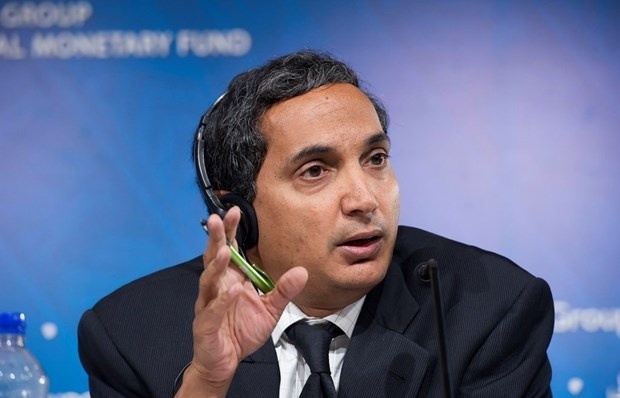
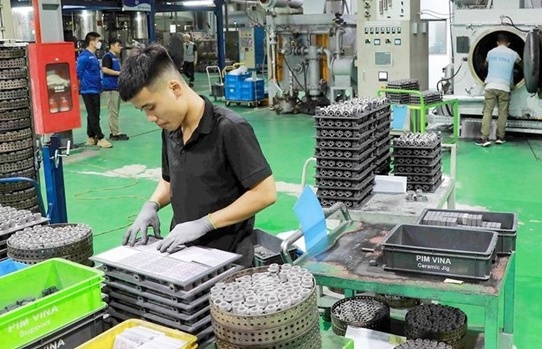
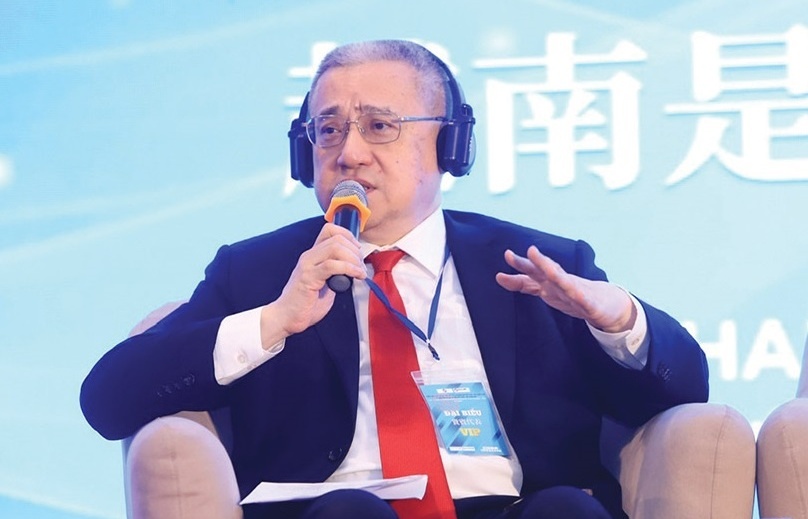
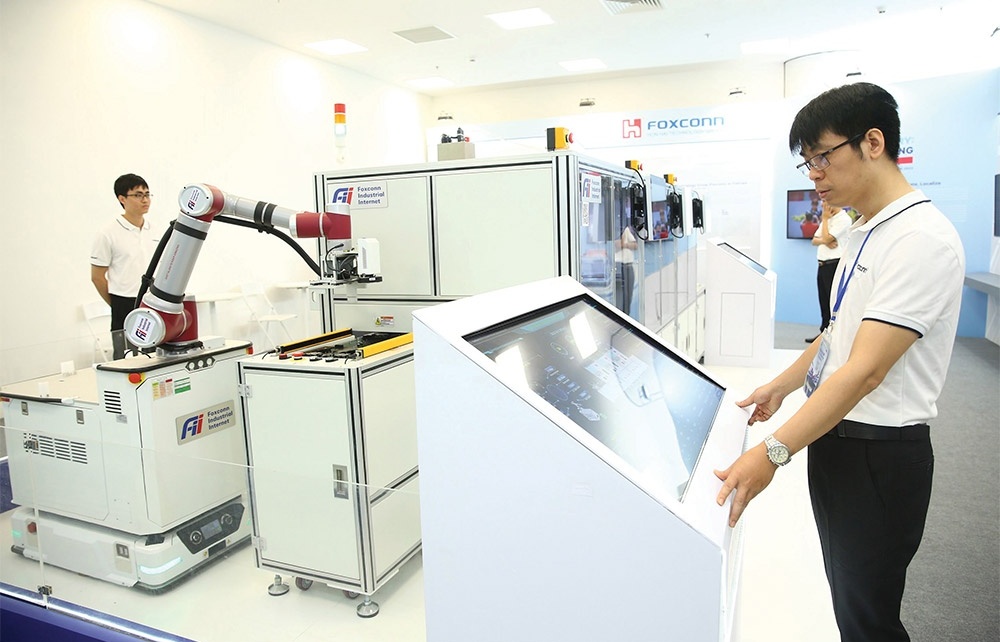
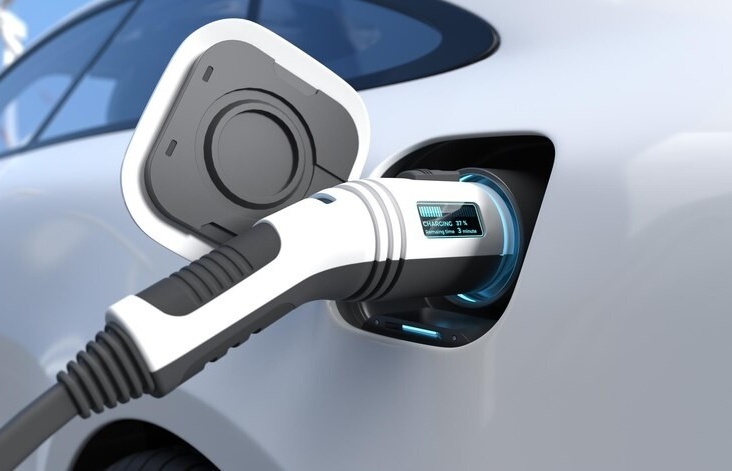
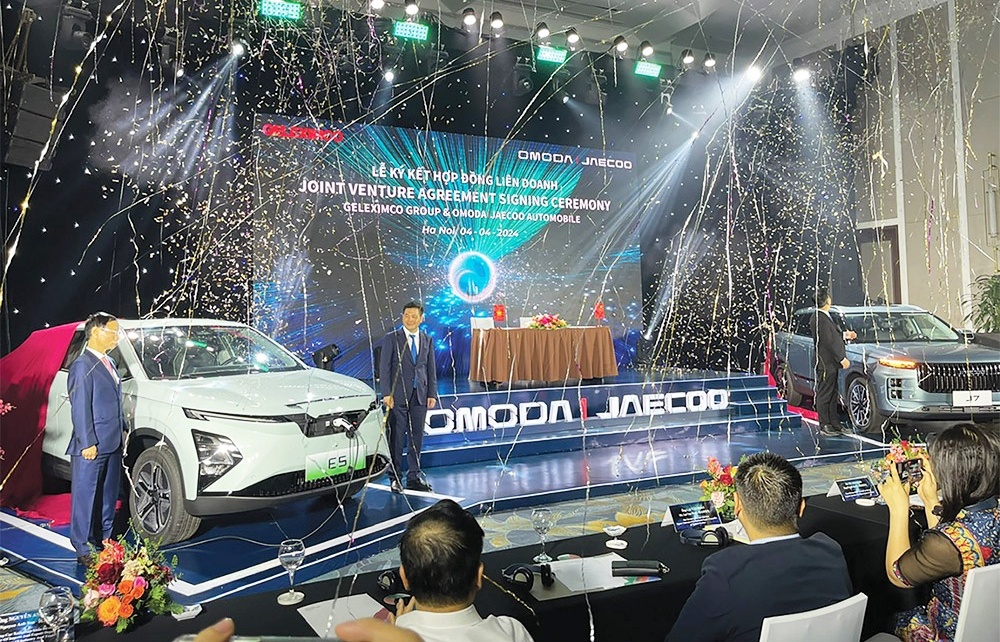
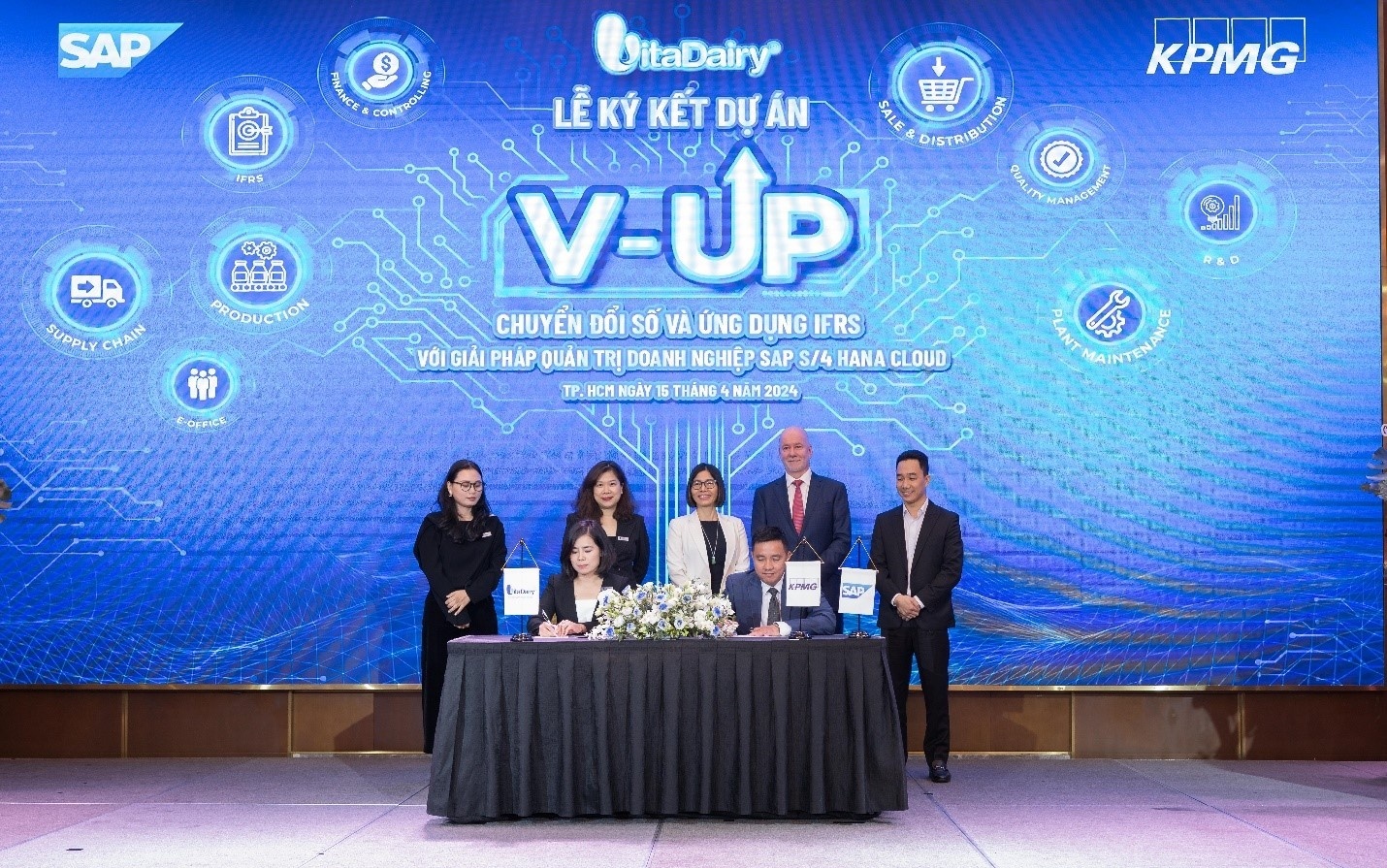


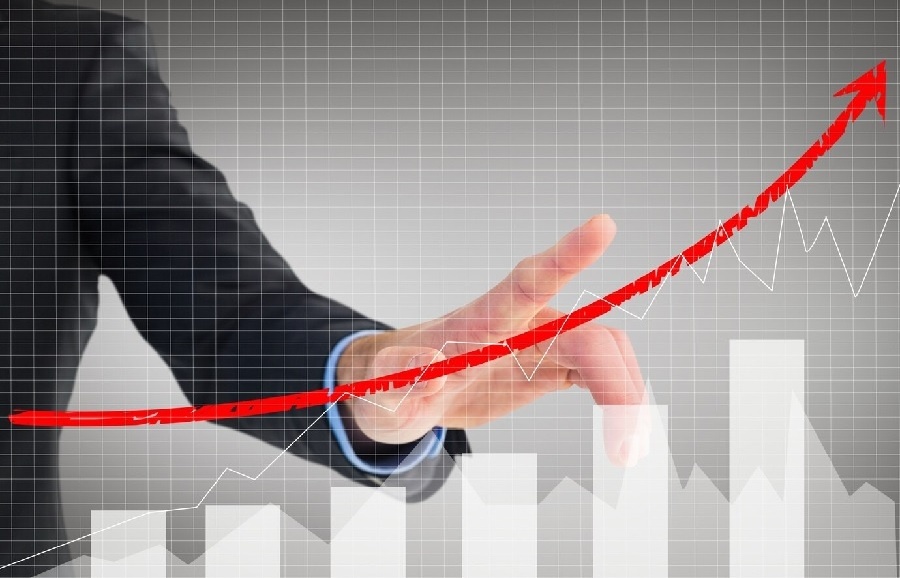
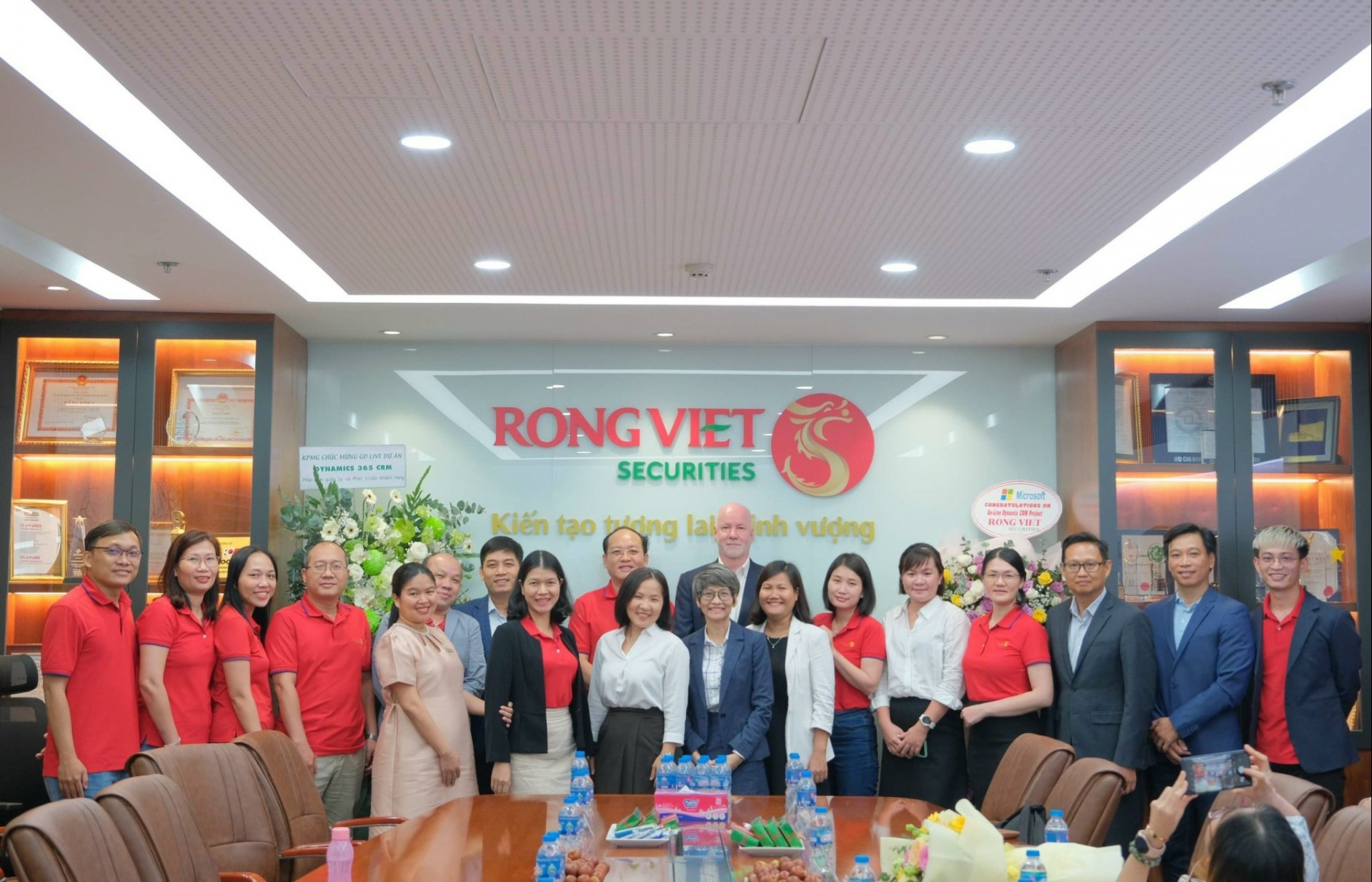
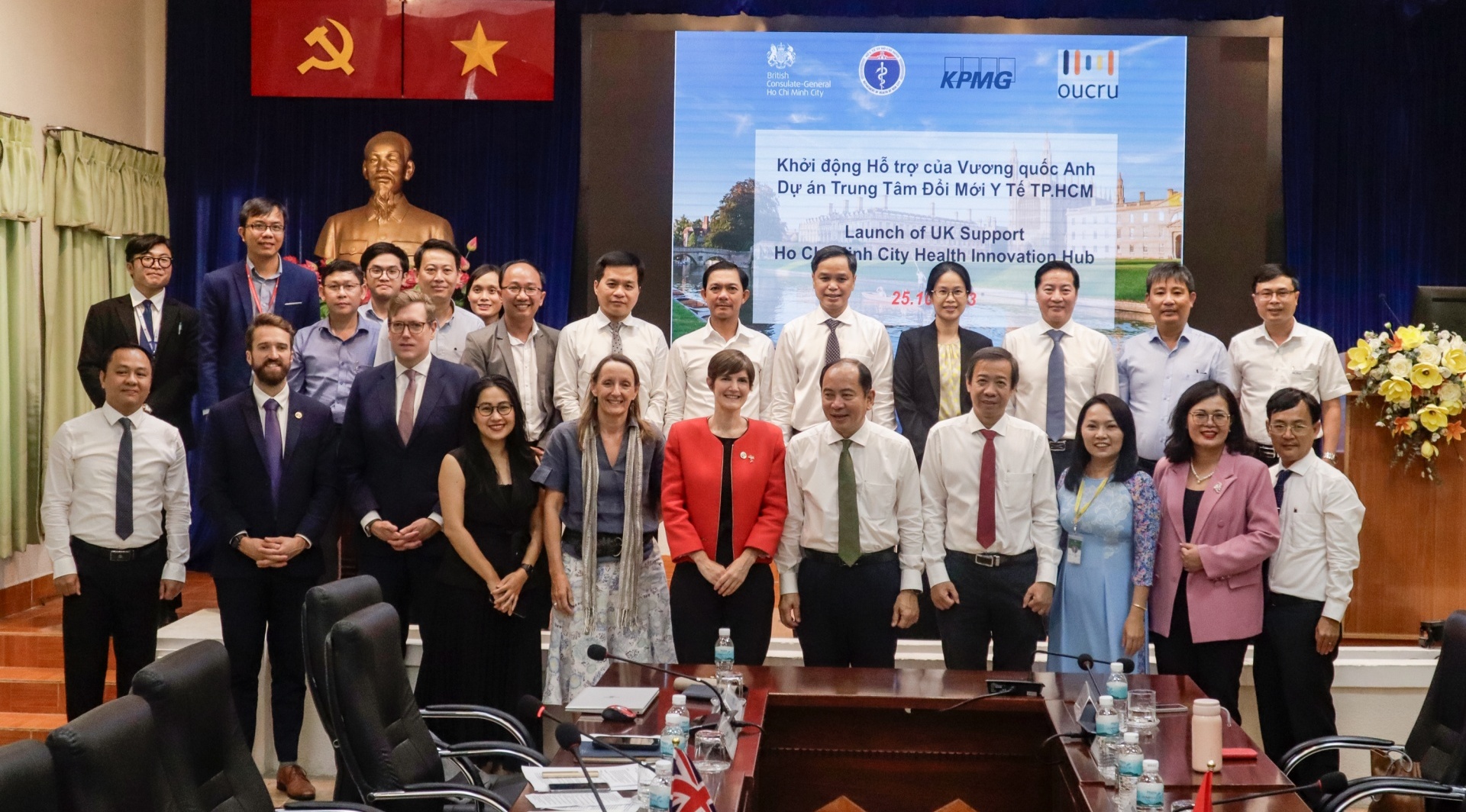


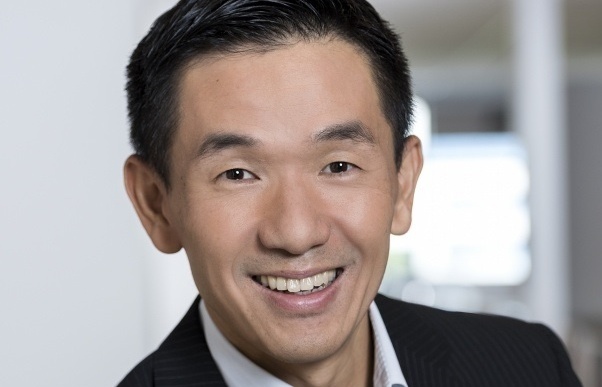
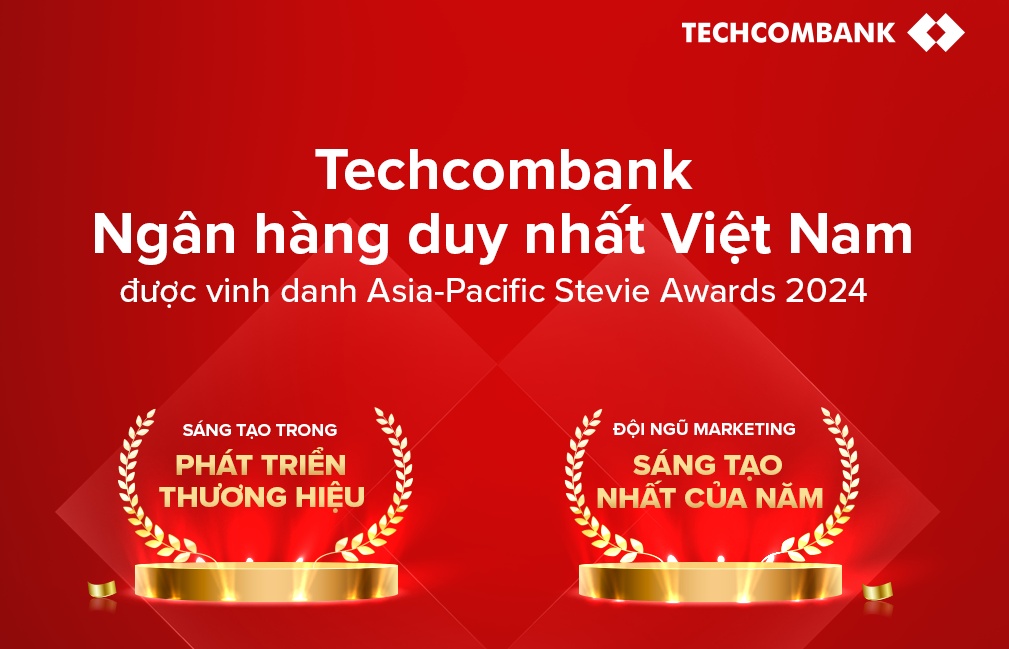
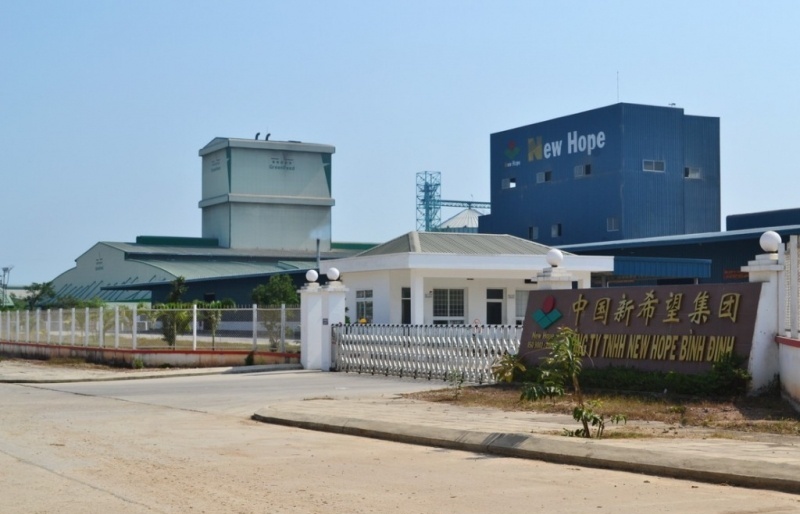
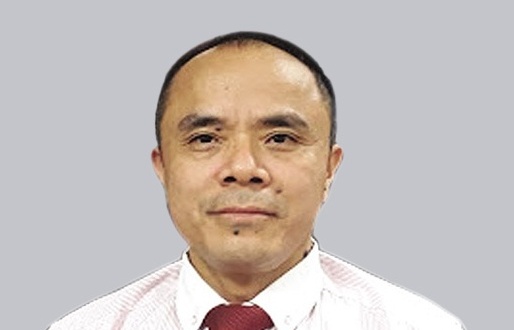



 Mobile Version
Mobile Version